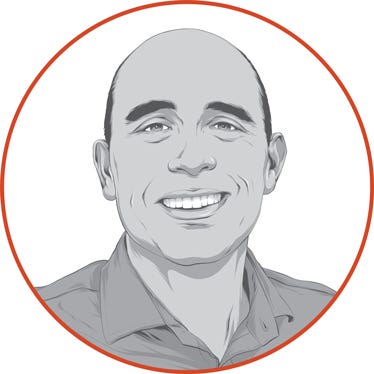
Is there an easy how-to book or checklist that will guarantee a successful family farm transition? No. Is there an easy way you can sit down in an afternoon and complete your transition plan? No. The fact is the odds are against any family farm successfully transitioning to the next generation. Thus, when family farms do transition successfully it is something to be proud of.
Every farm is different and every family is unique. Thus each family farm has a unique history, culture, family dynamic and business. Every farm moves at a different pace and what is a roadblock to one farm is a speedbump for another. In short, there is no playbook, checklist or how-to manual for family farm transitions. However, there are some essential mindsets that I advocate with clients.
Unlike growing a crop or feeding livestock, there are no do-overs or next season in family business transitions. Either it works or it doesn’t the first time. However, if you embrace the following mindsets, you will get off to a great start.
Start early. Often succession planning is put on the back burner for a variety of reasons but I suspect the main reason is most people don’t like to think about their own mortality. As entrepreneurs, we don’t like to think of someone else being in charge of what we created. What if they break it? Thus it is easy to hang on too long and not start the process. Starting the process early will give it the best possible chance of success because it will not be rushed.
Transition Planning is a process, not an event. Just like growing a crop, planting a tree, or creating a great tasting soup; it takes time. Who would throw all the ingredients of a great stew into a pot and expect instant results? No one. Transition planning takes time and sometimes the best solution is time. For example, you may have an early idea of who should take over the role of CEO of the farm but time may prove your initial pick was not the best pick. Time will bear this out and it is another reason why you need to start early. You may have to retrace your steps to get it right.
Communicate and deal with emotional issues before the emotions become the issue. There are always emotional discussions when talking about something that is so dear to our hearts. Just because someone disagrees with something we say doesn’t necessarily make them bad or have evil intentions. It often just means they disagree. The key is to have difficult conversations without becoming disagreeable or set in our ways so we can’t see the other person’s point of view. Early in the process solicit opinions and feedback from others even if you are afraid of the answers. Would you rather know what people are thinking early in the process and or do nothing hope it doesn’t boil over later?
Don’t get discouraged but keep moving forward. It is easy to tackle this large project and get discouraged at the first bump in the road. Expect the bumps to come and be happy when they do because bumps mean you are still moving. Have you ever hit a speedbump sitting still? Goal achievement studies have shown that small, incremental and consistent progress has better outcomes than large singular events so break the process down into small bites. Once the project is started, work on it consistently each month so you don’t get discouraged and lose traction. The stakes are too high for you, your family, and all you have worked for.
Get it right and your greatest legacy could be you beat the odds and passed on a successful family farm. Now that’s something everyone can be proud of.
The opinions of the author are not necessarily those of Farm Futures or Farm Progress.
About the Author(s)
You May Also Like






